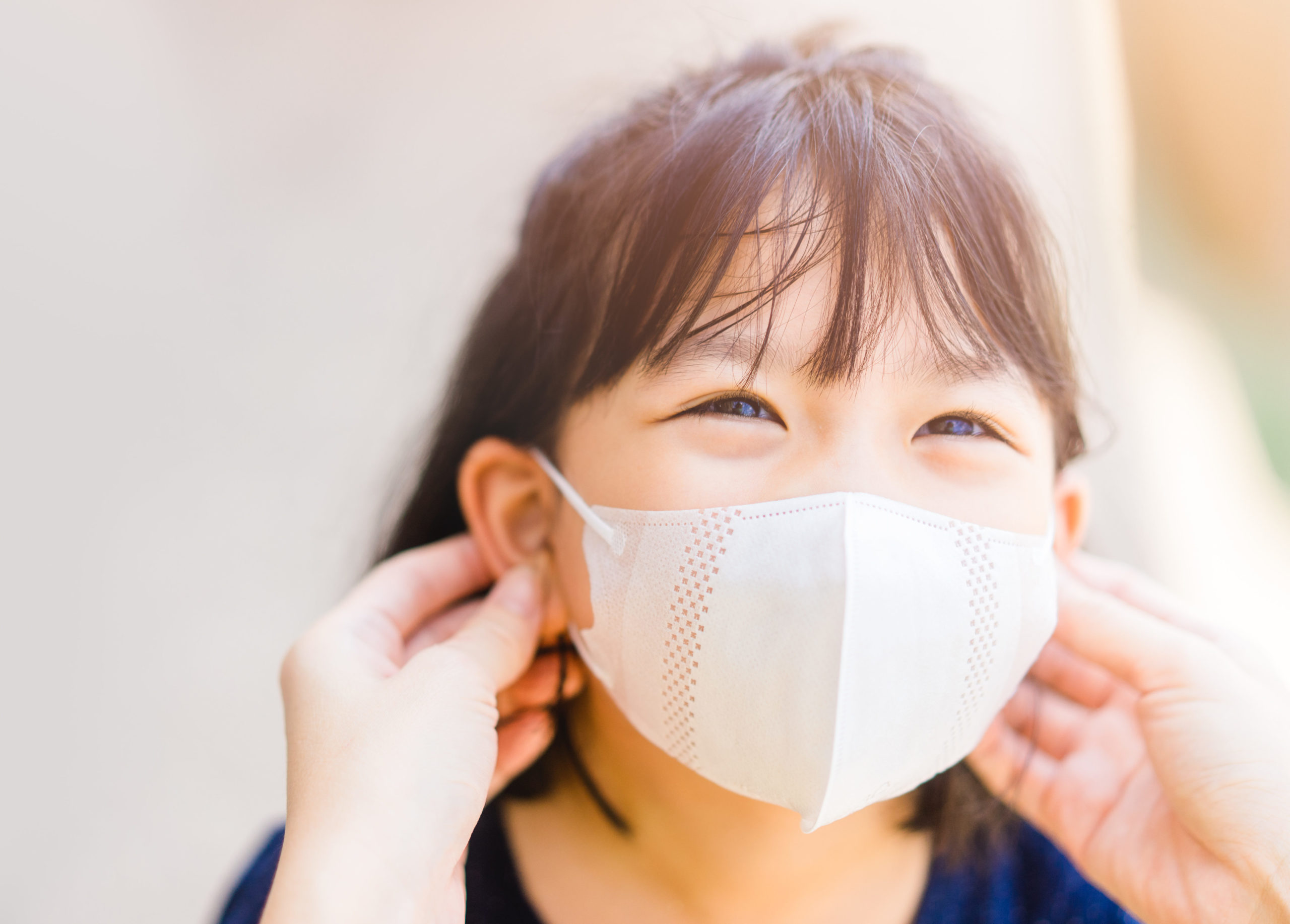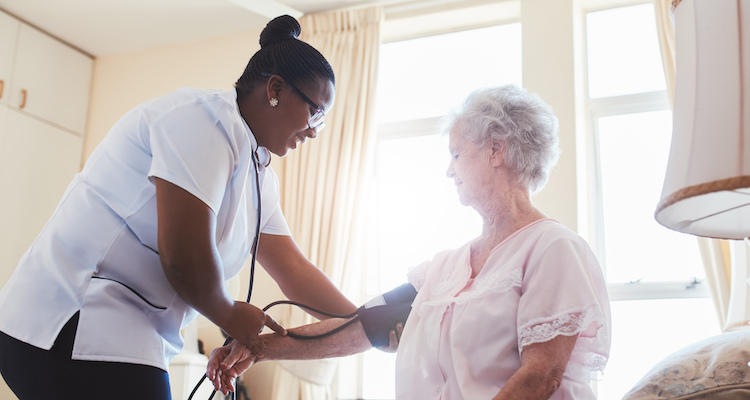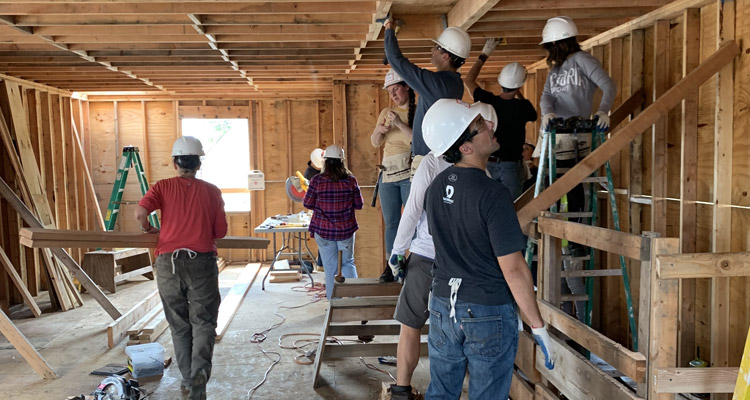In two recent inter partes review (IPR) proceedings, the Patent Trial and Appeal Board (PTAB) declined to review patents owned by state universities on the basis of state sovereign immunity.1,2
Article III of the U.S. Constitution established the federal courts to hear disputes “–between a state and citizens of another state, . . . , and between a state, or the citizens thereof, and foreign states, citizens or subjects.” When the Constitution was being debated, Anti-Federalists, who generally opposed the Constitution, solicited a promise from several prominent Federalists that Article III would not permit a state to be sued without its consent. Each of the 50 American states was to be treated as a sovereign government entitled to sovereign immunity. However, several individuals sued the states in the Supreme Court shortly after ratification. In Chisholm v. Georgia (1793), the Supreme Court allowed the suit by a citizen of South Carolina against the state of Georgia for unpaid debts incurred during the War of Independence to proceed in the federal court. Senator Caleb Strong of Massachusetts proposed an amendment to the Constitution to override the Chisholm decision. Congress passed the Eleventh Amendment to the Constitution in 1794 to establish state immunity from such suits. Although the text of the amendment is limited to suits “in law or equity,” the Supreme Court has interpreted the statute to preclude certain adjudicative administrative proceedings. Following Supreme Court precedents from other areas of law, the Federal Circuit held that sovereign immunity applies in interference proceedings before the Patent Office. Vas-Cath, Inc. v. Curators of Univ. of Missouri, 473 F.3d 1376 (Fed. Cir. 2007). A state university is considered to be an extension of the state.
The application of 11th Amendment immunity is counterintuitive in the patent context, but in two recent cases, the PTAB declined to proceed with IPRs on the grounds of state immunity. Covidien LP v. University of Florida Research Foundation Inc. (Jan. 27. 2017) is the first ever case on applicability of state immunity to IPRs1. Covidien argued that the University of Florida was claiming that “though the Patent Office has authority to issue a patent, it has no authority to reconsider that decision where the patent is held by a state entity. This is contrary to common sense and to the Patent Act itself.” Indeed, patent rights are granted under an act of Congress and it should be within the power of Congress to establish review procedures. The question is how explicitly should the Congress state its intent? In this case, the PTAB did not find that there was “an unequivocal, express intent by Congress in the [America Invents Act] to abrogate immunity for the purposes of inter partes review.” The PTAB also rejected arguments that an IPR is akin to an in rem property rights action directed at the patent rather than at the patent owner. The PTAB held that the procedural elements of IPRs and estoppel provisions make it look much like litigation.
In the second case, Neochord, Inc. v. Univ. of Maryland (May 23, 2017)2 the PTAB came to the same conclusion as in Covidien — state sovereign immunity is available as a defense in an IPR. In this case, University of Maryland raised the sovereign immunity defense on January 30, 2017 just days after the PTAB terminated the Covidien IPR and one day before the oral hearing. Neochord argued that the University has waived its defense by participating in the IPR through trial. The PTAB ruled that “the Eleventh Amendment defense is in the nature of a jurisdictional bar that may be raised at any time,” relying on the footnote in the Supreme Court’s decision in Florida Dep’t of State v. Treasure Salvors, Inc., 458 U.S. 670, 383 n.18 (1982). However, the PTAB also held that a State may waive immunity where the State takes affirmative steps to invoke federal jurisdiction, such as filing a patent suit or seeking removal to federal court, therefore punting the decision on patent validity until later litigation in the federal court. Neochord also argued that the Supreme Court has already held that IPRs are more similar to reexaminations by the patent office of its earlier decision to grant a patent (proceedings not entitled to sovereign immunity defense) than litigations. Cuozzo Speed Techs., LLC v. Lee, 136 S. Ct. 2131 (2016). But, the PTAB took a narrow view that Cuozzo only applies the context of the claim construction standard, and not in general. Again, the PTAB reaffirmed that IPRs are more similar to litigations. PTAB recognized preferential treatment given to state universities — “We recognize that the university’s assertion of sovereign immunity creates special treatment for a state entity. Nevertheless, the Supreme Court has explained that any asymmetry is the result of the 11th Amendment itself.”
The decisions of the PTAB may eventually be appealed and either affirmed or reversed. Until then, the decisions are generally recognized to provide some additional value to intellectual property owned by state universities. For example, an alleged infringer may be more likely to settle an expensive patent litigation case when a cheaper avenue to challenging patent validity is not available. However, licensees may also view the 11th Amendment protection of state immunity to be detrimental. Although licensees generally want strong patents that are not easily challenged, licensees also have an interest in invalidating weak patents where early invalidation results in reduction of royalties due to the universities. Accordingly, it is not clear if state universities would be able to monetize these decisions in the form of higher maintenance fees, milestones and royalty rates. It will take some time to fully understand any economic ramifications of these decisions.
[1] Covidien LP v. University of Florida Research Foundation Inc., Case Nos. IPR 2016-01274; -01275, and -01276 (PTAB January 25, 2017).
[2] Neochord, Inc. v. Univ. of Maryland, Baltimore and Harpoon Medical, Inc., Case No. IPR2016-00208 (PTAB May 23, 2017).










